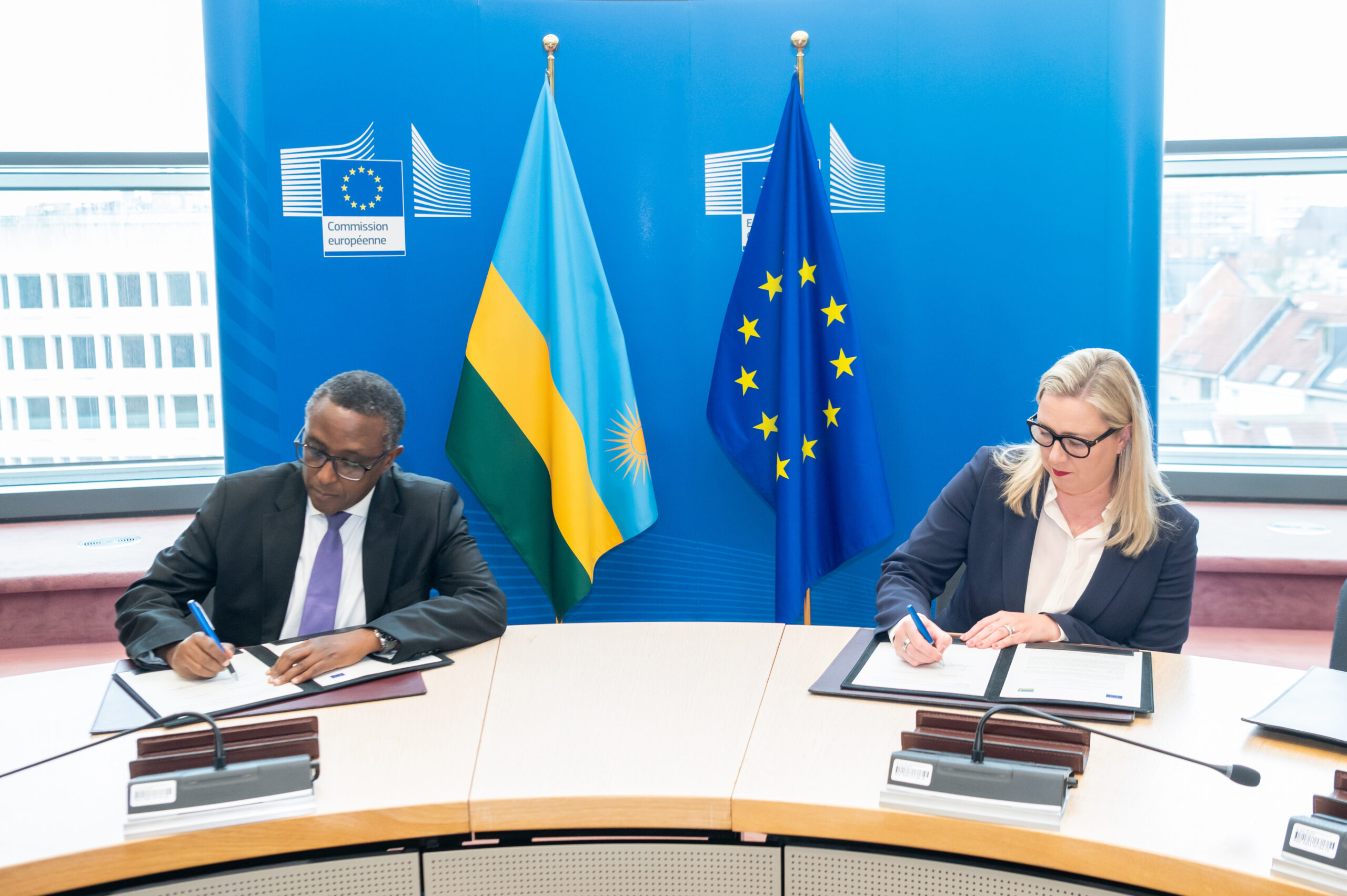From the Correspondent in Strasbourg – The European Parliament is urging the European Commission to backtrack and suspend the critical minerals agreement with Rwanda in light of the military escalation in the North Kivu region of the Democratic Republic of Congo. The violence in Goma perpetrated by M23 rebels with the support of Rwandan defense forces inevitably compromises its integrity. However, in the Strasbourg Chamber, the EU Commissioner for the Mediterranean, Dubravka Šuica, clarified Brussels’ stance: the purchase of metals and rare earths will continue, its suspension could be “self-defeating” because it would break human rights obligations placed by the EU.
In the resolution adopted yesterday (Feb. 13) with 443 votes in favor, four against, and 48 abstentions, MEPs strongly condemned the occupation of Goma and other territories in eastern DRC — a region rich in minerals — by M23 rebels and the Rwandan army. In the text, the European Parliament underlines the “indiscriminate attacks, unlawful killing, rape, and other apparent war crimes” that have occurred in recent weeks on the DRC-Rwanda border. Over 3,000 people are reportedly dead in the city on Lake Kivu.
The violence is an embarrassment for the European Commission, which recently intensified relations with Kigali. Direct financial assistance measures and military support through the European Peace Facility to Rwandan troops deployed in northern Mozambique: MEPs call for a halt to this, at least until Kigali “breaks all links with M23.” Most importantly, Strasbourg is calling for the immediate suspension of the EU-Rwanda Memorandum of Understanding on Sustainable Commodity Value Chains, signed only a year ago, “until Rwanda ceases all interference in the DRC, including exporting minerals mined from M23-controlled areas.” Those minerals are “bloodstained,” warns the European Parliament.

The February 2024 agreement with Kigali is part of the global race to supply materials critical for the ecological transition, with Brussels trying hard to reduce dependence on China. It aims to secure a “sustainable supply of raw materials” for the European Union – primarily tantalum, tin, tungsten, gold, niobium, lithium, and rare earths – in exchange for substantial funding to develop Rwanda’s mining supply chains and infrastructure. Through the Global Gateway — the strategy launched by the EU in 2021 to create new infrastructure in developing countries — Rwanda has been allocated over €900 million.
The understanding sparked controversy from the start since the United Nations documented the illicit trade in minerals coming from a conflict-torn border region. The president of the Democratic Republic of Congo, Félix Tshisekedi, defined the agreement between Brussels and Kigali as a “provocation in very bad taste.” The incursion by Rwandan-backed rebels has been concentrated in the region most dense with mines for extracting gold, coltan, tin, tantalum, and other critical minerals and rare earths.
For now, the European Commission chooses the line of pragmatism. It takes a position on the conflict but will not touch the memorandum of understanding. Commissioner Šuica – on behalf of the EU High Representative for Foreign Affairs, Kaja Kallas, who declined an invitation to the debate at the last moment – conveyed Brussels’ demands to the parties to the conflict: keep the borders open for refugees and humanitarian workers, ensure the protection of civilians and respect for international humanitarian law, preserve the security of humanitarian personnel, health workers, and medical facilities, and start negotiations for a humanitarian ceasefire.
Šuica also announced that in response to this “new crisis within a crisis,” the Commission has accelerated the disbursement of its initial 60 million euro budget for the DRC for 2025. “We are currently establishing which humanitarian partners still have the capacity to effectively intervene,” she explained in the House. But the agreement with Rwanda is not in question: “The Commission will not support concrete investments in mineral processing from which the origin is uncertain,” Šuica said, dismissing the charges. On the contrary, EU support “ensures safe working conditions, including the fight against child labor.” Therefore, the EU executive argues, “suspending the MoU could be self-defeating,” as it would “undermine an incentive to ensure responsible mineral production and trade by Rwanda.
English version by the Translation Service of Withub









